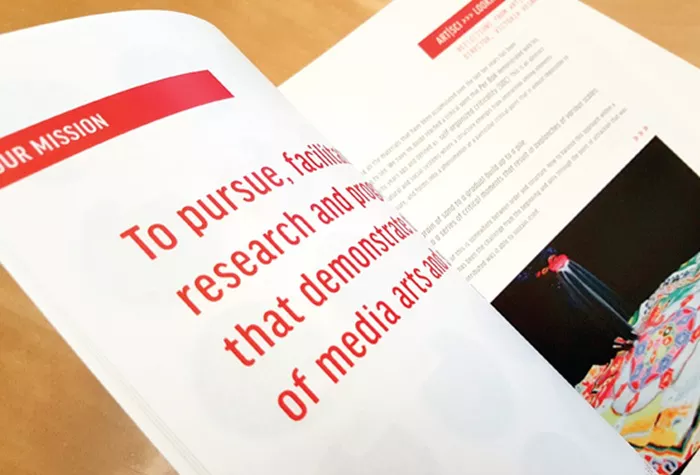Lauren Stienstra, a UCLA alumnus and public health emergency management expert, has made her literary debut with The Beauty of the End, a novel that blends literary and science fiction to explore a world on the brink of extinction.
Released on April 1, the novel imagines a society grappling with the erosion of fertility genes across four generations, setting the stage for humanity’s eventual demise. The story follows twins Charlie and Maggie, whose coming-of-age journey unfolds in a world that becomes increasingly defined by genetic decline.
Stienstra, who graduated from UCLA in 2007 with a degree in physiological science, said she never envisioned herself as a novelist. However, drawing from her background in biology and her experience in government, she began nurturing a passion for writing that led to the completion of a full manuscript.
“I didn’t consider myself a writer, but I started with this idea and let it grow,” Stienstra said. “I nurtured my skills, and that’s how I arrived with a full agentable manuscript.”
A Writer Emerges Amid Crisis
Stienstra’s journey into creative writing began in earnest during the COVID-19 pandemic. Faced with an overwhelming workload in emergency relief, she sought an outlet in science fiction, a genre she has long enjoyed. Enrolling in UCLA Extension’s creative writing classes, she honed her literary craft while maintaining her teaching role in UCLA Extension’s Homeland Security and Emergency Management program.
Sonia Roman, a fellow writer who met Stienstra through a UCLA Extension class, praised her determination and discipline. Despite the challenges of balancing a full-time job and family responsibilities, Stienstra dedicated two hours each weekday to writing. Roman was impressed by Stienstra’s perseverance, noting that she reached out to 270 literary agents before securing representation.
“A lot of people would’ve given up after 100, 150, 200 – nope. She wasn’t going to give up,” Roman said.
A Passion for Science and Storytelling
Stienstra’s debut novel, The Beauty of the End, represents the intersection of her scientific expertise and newfound storytelling abilities. Grounded in genetics, the novel combines fictional speculation with scientific plausibility, reflecting Stienstra’s passion for science. It also highlights the complex social and psychological implications of facing a long-term crisis, an allegory for climate change.
“I want this novel to be a gateway for opening conversations about science in a way that is accessible to the public,” Stienstra said. “What are we willing to do for the crisis that’s not going to happen in eight days or eight weeks or eight months, but 80 years from now?”
Her background in emergency management, particularly through her career in public health, provided Stienstra with a strategic, systems-oriented perspective, allowing her to blend her scientific knowledge with storytelling in a meaningful way.
Navigating Career Transitions and Self-Doubt
Before becoming a published author, Stienstra was initially on a pre-med track at UCLA. However, she shifted her focus after struggling with physics and MCAT preparation, ultimately pursuing a career in emergency management following Hurricane Katrina in 2005.
“I left UCLA feeling pretty dismal about my outlooks,” Stienstra said. “I had planned to become a doctor, but it wasn’t going to work out, so I was pivoting – and I’m really happy with how that pivot turned out.”
Stienstra’s experience in both the sciences and emergency management has shaped the way she approached writing, allowing her to incorporate a multidimensional, research-driven approach to her work.
Despite initially feeling discouraged after her graduation, Stienstra’s success as a writer has instilled in her a sense of fulfillment and possibility. She is now looking toward future projects, possibly branching out into historical fiction and fantasy, and remains passionate about bridging the gap between science and literature.
“So much of creative writing is about having experiences,” Stienstra said. “Even if you are in a science career or in science education, and you feel like it’s not going to pan out for you – remember that’s an important experience, that it may feed other knowledge.”
Stienstra’s debut novel has already garnered attention for its poignant portrayal of a deteriorating world, and as she continues to explore different genres, her work is poised to contribute meaningfully to the broader conversation on science and its place in storytelling.

